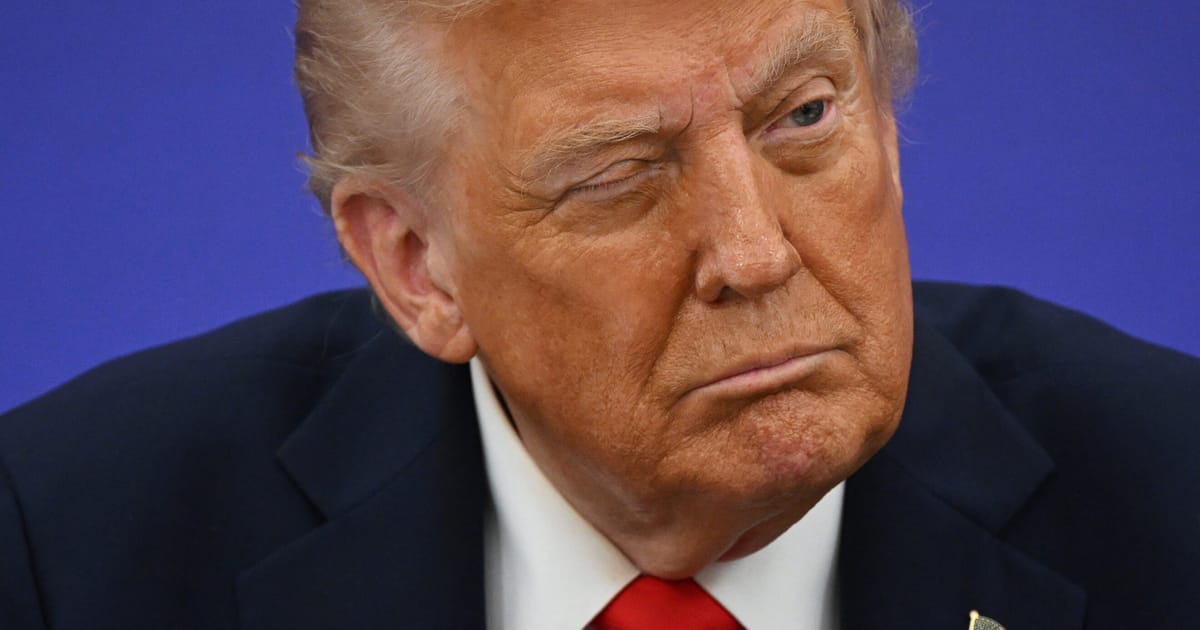Create a new regulator
The idea of creating an independent agency tasked with enforcing the rules, out of reach of a Commission with multiple competing priorities, has been percolating over the past few months. The fear that DMA enforcement had fallen on the altar of the EU’s trade interests led some academics to advocate for an independent agency.
One possible arrangement would be to create a “European Digital Authority” responsible for directly enforcing laws under the digital rulebook, including the DMA, said Alexandre de Streel, an academic at the University of Namur. His idea is to create “an independent entity, free from political influence, with its own budget and identity.”
He’s not alone. Both Apple and CCIA Europe — the industry body representing American Big Tech firms — have thrown mud at the Commission, accusing it of being biased, unpredictable and politically motivated. CCIA, for its part, thinks an independent agency is the answer to interference woes.
Add cloud and AI
Cloud services were initially intended to be covered by the DMA; however, a formula agreed upon in 2022 specified that only services with more than 45 million end-users would be subject to the rules. This effectively ensured that major providers, such as Amazon, Microsoft and Google, would never have to worry about designation. Now, both MEPs and civil society groups, as well as some national regulators, want to change that threshold so that major U.S. providers would have to respect the rules.
“Leaving out cloud creates a dangerous gap,” said Francisco Mingorance, the head of CISPE, which represents European cloud providers. “[It’s] the backbone of AI, and within a few years, AI won’t just run on the cloud — AI will be the cloud,” he said.
AI itself is a similar story — although it’s more challenging to define what exactly an AI service is. Organizations such as Article 19 and BEUC want to see AI added to the list of services covered by the DMA, a prospect that pro-tech groups vehemently oppose on the grounds of innovation.
